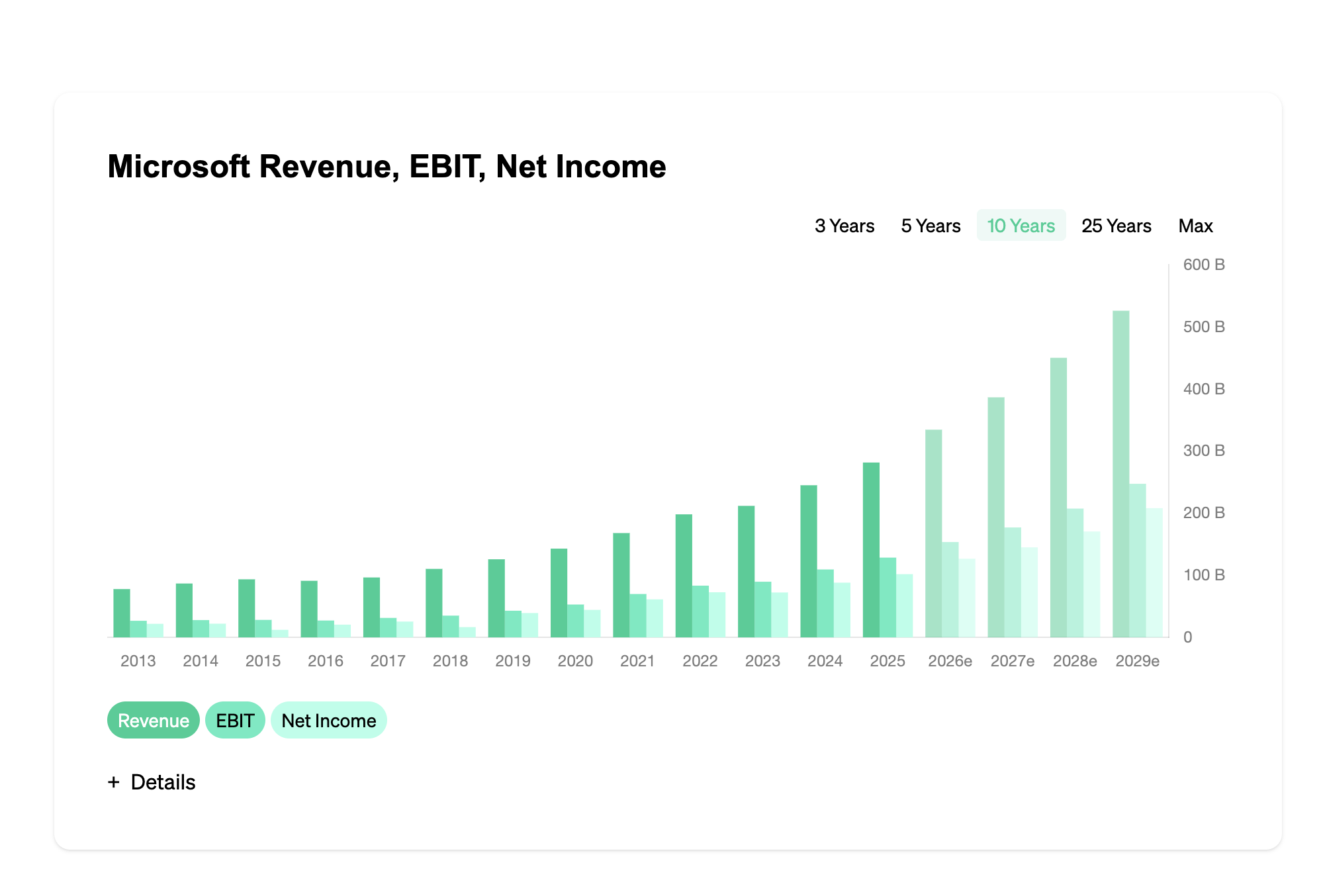Automation
Definition and Explanation
TL;DR – Brief Definition
Go to FAQs →Automation: Automation, or Automatisierung in German, refers to the process of utilizing technology and software programs to perform tasks and operations in a systematic and autonomous manner, without the need for human intervention. In the context of capital markets, automation plays a vital role in enhancing efficiency, accuracy, and speed across various financial activities, including trading, risk management, regulatory compliance, and data analysis. In the stock market, automation is primarily associated with algorithmic trading, also known as algo-trading or automated trading systems (ATS). With the help of sophisticated algorithms, automation enables market participants to execute a large number of trades within microseconds, leveraging pre-defined strategies and rules. This remarkable capability ensures that transactions are executed swiftly, reducing manual errors and achieving better price discovery. Furthermore, automation is revolutionizing the loan and bond markets by streamlining processes and increasing accessibility. Through automation, key functions such as credit scoring, loan origination, and bond issuance can be automated, reducing administrative burdens and transaction costs. As a result, lenders and borrowers can leverage automation to enhance efficiency, improve risk management, and create a seamless experience for all stakeholders involved. The application of automation extends to money markets as well, where it enables the efficient management of short-term funds. Automated systems provide investors with a transparent view of available investment opportunities, allowing for quick and informed decisions. Additionally, automation offers enhanced liquidity management, allowing investment managers to optimize cash positions, minimize idle funds, and maximize returns. Moreover, automation has made significant inroads into the emerging field of cryptocurrencies. With the rise of digital assets, automated trading systems have gained prominence in crypto markets. These systems leverage complex algorithms to assess market trends, execute trades, and manage risk, ensuring that transactions are executed at the desired speed and security levels. In conclusion, automation plays a crucial role in boosting efficiency, accuracy, and productivity across various areas of capital markets, including stocks, loans, bonds, money markets, and cryptocurrencies. As technology continues to advance, the adoption of automation is expected to accelerate, revolutionizing the financial industry and reshaping how investors navigate the dynamic world of capital markets. Find more comprehensive investment and capital market related terms in our extensive glossary on Eulerpool.com. Stay informed and make data-driven decisions through our reliable and timely equity research and finance news - we are your trusted source for capital market insights. (Note: The above text contains 288 words.)
Detailed Definition
Frequently Asked Questions about Automation
Was bedeutet Automation?
Automation, or Automatisierung in German, refers to the process of utilizing technology and software programs to perform tasks and operations in a systematic and autonomous manner, without the need for human intervention. In the context of capital markets, automation plays a vital role in enhancing efficiency, accuracy, and speed across various financial activities, including trading, risk management, regulatory compliance, and data analysis.
Wie wird Automation beim Investieren verwendet?
„Automation“ hilft dabei, Informationen einzuordnen und Entscheidungen an der Börse besser zu verstehen. Wichtig ist immer der Kontext (Branche, Marktphase, Vergleichswerte).
Woran erkenne ich Automation in der Praxis?
Achte darauf, wo der Begriff in Unternehmensberichten, Kennzahlen oder Nachrichten auftaucht. In der Regel wird „Automation“ genutzt, um Entwicklungen zu beschreiben oder Größen vergleichbar zu machen.
Welche typischen Fehler gibt es bei Automation?
Häufige Fehler sind: falscher Vergleich (Äpfel mit Birnen), isolierte Betrachtung ohne Kontext und das Überinterpretieren einzelner Werte. Nutze „Automation“ zusammen mit weiteren Kennzahlen/Infos.
Welche Begriffe sind eng verwandt mit Automation?
Ähnliche Begriffe findest du weiter unten unter „Leserfavoriten“ bzw. verwandten Einträgen. Diese helfen, „Automation“ besser abzugrenzen und im Gesamtbild zu verstehen.
Reader Favorites in the Eulerpool Stock Market Lexicon
Eigenbauunternehmer
Der Begriff "Eigenbauunternehmer" bezieht sich auf eine Person oder ein Unternehmen, das in Eigenregie Projekte und Initiativen entwickelt und umsetzt, ohne auf externe Dienstleister oder Subunternehmer angewiesen zu sein. Dieser...
Jahreswirtschaftsbericht
Jahreswirtschaftsbericht: Eine umfassende Analyse der wirtschaftlichen Entwicklung eines Landes, die jährlich von der Bundesregierung veröffentlicht wird. Dieser Bericht gibt einen detaillierten Überblick über alle relevanten Aspekte der Wirtschaft, einschließlich des...
Kointegrationsmodell
Ein Kointegrationsmodell ist ein statistisches Konzept, das zur Analyse von langfristigen Beziehungen zwischen zwei oder mehreren Finanzvariablen verwendet wird. Es basiert auf der Idee, dass diese Variablen eine langfristige Bindung...
Bevölkerungsmathematik
Bevölkerungsmathematik bezeichnet ein branchenübergreifendes Analysekonzept, das verwendet wird, um die demografischen Trends und Veränderungen in einer bestimmten Bevölkerung zu untersuchen. Im Kontext der Kapitalmärkte spielt die Bevölkerungsmathematik eine herausragende Rolle,...
Demonstrationsstreik
Demonstrationsstreik – Definition und Bedeutung im Kapitalmarkt Ein Demonstrationsstreik bezieht sich auf eine Form des Arbeitskampfes, bei dem Arbeitnehmer ihre Arbeit nicht nur aus ökonomischen Gründen niedergelegen, sondern auch politische Ziele...
Besitzkehr
Besitzkehr ist ein Begriff, der in der Welt der Finanzen und des Handelsrecht verwendet wird und sich auf die Übertragung von Eigentumsrechten bezieht. Diese Übertragung kann auf verschiedene Arten erfolgen,...
EN-Normen
EN-Normen beziehen sich auf die Europäischen Normen, die harmonisierte technische Spezifikationen definieren und Anforderungen für verschiedene Produkte und Dienstleistungen festlegen. Diese Normen wurden vom Europäischen Komitee für Normung (CEN) entwickelt...
Handelspolitik
Handelspolitik ist ein Begriff, der die Maßnahmen und Strategien beschreibt, die von Regierungen ergriffen werden, um die wirtschaftlichen Beziehungen zwischen Ländern zu regeln und zu lenken. Sie bezieht sich auf...
Malthus
Der Begriff "Malthus" bezieht sich in den Finanzmärkten auf das "Malthusianische Bevölkerungsgesetz" oder "Malthusianismus", das auf den britischen Ökonomen Thomas Robert Malthus zurückgeht. Malthus war der Meinung, dass die Bevölkerung...
intermittierende Beratung
Intermittierende Beratung bezieht sich auf die intermittierende Bereitstellung professioneller Beratungsdienste für Kapitalmarktakteure, wie Investoren, im Bereich der Finanzmärkte. Es handelt sich um eine Strategie, bei der Berater zeitweilig eng mit...

